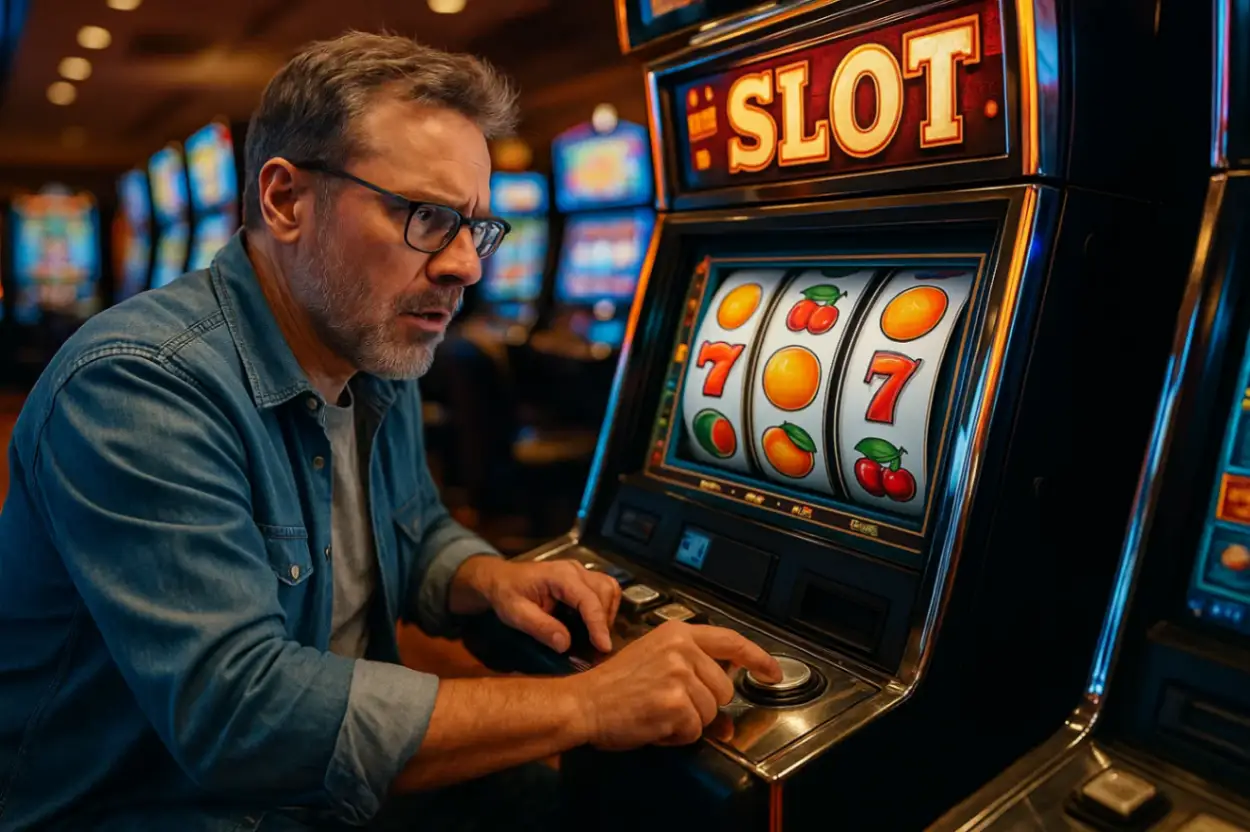The online slot machine industry has grown exponentially over the last decade, offering players around the globe access to thousands of game titles with varying themes, mechanics, and payout structures. Yet, alongside this growth, there has been a parallel rise in unlicensed or illegal slot offerings. These games operate outside regulatory frameworks, raising concerns about fairness, safety, and transparency. To address these issues, independent testing labs and industry watchdogs regularly conduct evaluations of both licensed and illegal slot games, assessing their compliance with legal requirements and fairness standards. This article explores the differences between licensed and unlicensed slots, highlights the methodology behind independent testing, and discusses the implications of expert findings for players and the industry.
The Regulatory Framework for Licensed Slots

Licensed slots are developed and distributed under the oversight of recognized gambling authorities. Regulatory bodies such as the Malta Gaming Authority (MGA), the UK Gambling Commission (UKGC), and the Gibraltar Regulatory Authority impose strict guidelines on game fairness, random number generation (RNG), and player data security. Compliance is enforced through mandatory audits, periodic game testing, and clear player protection policies.
Player Safety and Fairness Standards
Regulated slots must undergo a rigorous certification process before they can be made available to the public. This process includes:
-
Random Number Generator (RNG) verification; ensuring that game results are truly random and cannot be manipulated;
-
Payout percentage validation; confirming that the Return to Player (RTP) matches advertised rates over time;
-
Security and encryption checks; safeguarding players’ personal and financial information.
In contrast, illegal slots often bypass these safeguards, operating without transparent auditing, which increases the risk of rigged outcomes and fraudulent practices.
Independent Testing and Methodologies
Independent auditors such as eCOGRA, iTech Labs, and GLI (Gaming Laboratories International) play a vital role in maintaining trust in the online gaming ecosystem. They use advanced statistical models and repeated simulation runs to determine whether game outcomes conform to probability expectations.
Before diving deeper into case comparisons, it’s important to note the most common tests performed by these labs:
-
RNG simulation tests; analyzing large sets of spin results for randomness;
-
RTP verification; comparing actual payouts with declared percentages;
-
Load and stress tests; evaluating performance under high player volumes;
-
Security assessments; testing for vulnerabilities in software and payment systems.
When experts conduct these checks, the differences between licensed and unlicensed slot operations become starkly visible.
Performance Differences: Licensed vs. Unlicensed Slots
Licensed slots consistently pass fairness and compliance tests, offering players predictable long-term payout percentages and verified RNG integrity. Illegal slots, however, often fail in multiple areas, with independent testing showing significant discrepancies in advertised versus actual RTP.
Below is a summary of recent test results compiled by an industry watchdog:
| Criteria Tested | Licensed Slots | Illegal Slots |
|---|---|---|
| RNG Fairness Compliance | 98% Pass Rate | 37% Pass Rate |
| RTP Accuracy (±0.5%) | 95% Pass Rate | 28% Pass Rate |
| Data Security Standards | 100% Pass Rate | 41% Pass Rate |
| Regulatory Compliance | 100% Pass Rate | 0% Pass Rate |
| Player Dispute Resolution | Established | Non-existent |
These figures highlight a recurring pattern: illegal slots often fail to meet even the most basic operational standards, exposing players to unfair odds and potential data breaches.
Risks and Red Flags of Playing Illegal Slots
Expert reviews indicate that many players are unaware of the dangers posed by unlicensed slot platforms. The temptation of higher advertised payouts or flashy promotions can overshadow critical warning signs.
Players should be mindful of these key red flags, which often signal an unlicensed operation:
-
No visible licensing information from a reputable authority;
-
Absence of third-party audit certificates;
-
Poor or non-existent customer support channels;
-
Withdrawal delays or outright refusal to process payouts;
-
Unrealistically high bonuses with unreasonable wagering requirements.
These factors, when ignored, can lead to significant financial loss and compromise of personal information. Recognizing them early allows players to avoid falling victim to deceptive practices.
How Expert Findings Influence the Industry
The consistent exposure of illegal slot operators through independent testing has had a notable impact on both player awareness and regulatory enforcement. Authorities have begun to coordinate more closely across jurisdictions, creating blacklists of non-compliant operators and sharing data with internet service providers to restrict access.
From an industry perspective, these findings also pressure game developers to adhere strictly to fair play principles. Licensed operators can use independent audit results as a marketing advantage, reassuring players that their games meet high integrity standards.
A notable trend in recent years has been the inclusion of public audit reports on casino websites, allowing players to verify certification details before playing. This move not only builds trust but also sets a higher competitive bar for the entire market.
Conclusion
The difference between licensed and illegal slot games is more than a matter of legal paperwork — it directly affects fairness, player security, and the long-term sustainability of the industry. Independent expert reviews consistently reveal that licensed slots maintain high compliance and fairness rates, while illegal slots fail to meet essential standards. For players, the safest and most enjoyable gaming experience comes from sticking to licensed platforms that undergo regular, transparent auditing. For regulators and industry leaders, these findings provide clear guidance on where enforcement and player education efforts should be focused.